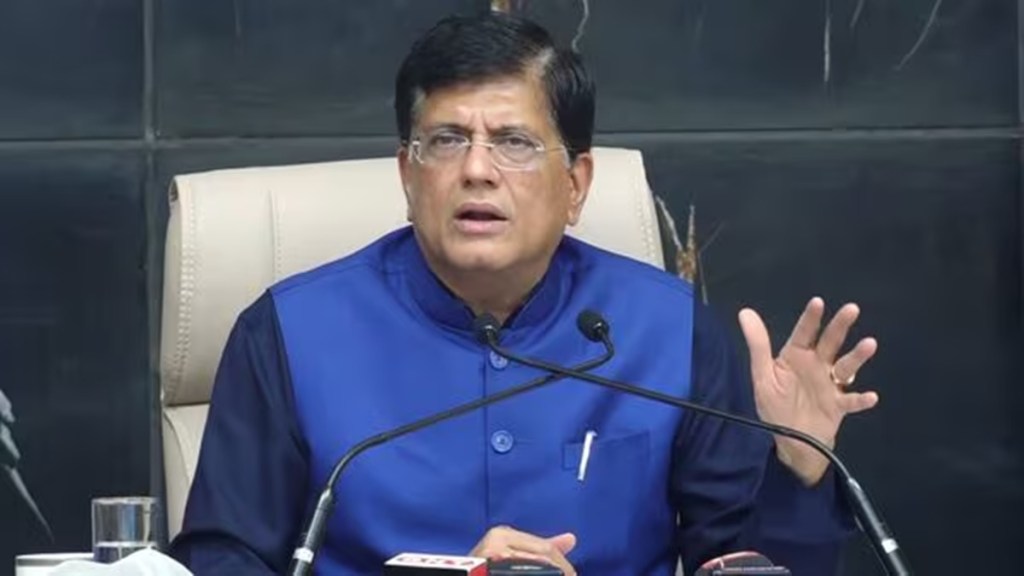The electric vehicles (EV) industry needs no further subsidies beyond what is available right now, to grow and to push the sector’s growth, commerce and industry minister Piyush Goyal said Friday. The government, he said, would leave it to the auto companies to work out their business models around the charging modes.
In an interaction with the auto industry by the minister on “development of battery charging and swapping infrastructure” that saw the participation of automakers in two, three and four wheel categories, charging stations and battery swapping companies, safety standards also figured.
The industry has asked for “infrastructure status” for battery charging systems, a tag that would give them access loans at cheaper rates, and the benefits of priority sector lending among other sops.
“Electric mobility is said to fly and does not need new subsidies or incentives. The existing subsidies are available for some more time which will give them an appropriate kick start to the ecosystem. Everyone (in the ecosystem) was unanimous that once the existing subsidy regime comes to an end none of them require a subsidy to grow any further,” Goyal told reporters.
To incentivise adoption of electric vehicles the government came out with a scheme in 2015 called Faster Adoption and Manufacturing of (Hybrid &) Electric Vehicles in India (FAME-India). The first edition expired in two years and an updated version ran from 2019 with an outlay of Rs.11,500 Crore. After FAME II ended, a revised scheme, the PM e-Drive Scheme was launched in October, 2024 which will run for two years till 2026.
To expand the charging infrastructure the Petroleum and Explosives Safety Organisation (PESO) has come up with a consultation paper on guidelines to make it easier to set up charging stations at petrol pumps. “I went further today to offer them to make those guidelines self monitoring and allow for self certification,” the minister said.
“We want to encourage Resident Welfare Associations, commercial establishments, office complexes to have electric charging equipment. Investment charging companies, swapping companies and auto companies are happy to do.” Goyal said.
At the meeting the companies were asked to speed up with their inputs on the safety standards for electric two-wheelers. Safety standards have already been notified for three wheelers and four wheelers now they have to be notified for two wheelers. The draft of the standards is already out for comments.
The minister said the government would not be making it compulsory for companies to design vehicles that enable swapping of batteries. The battery swapping policy is under preparation from 2022 when its draft was released by Niti Aayog for public comments.
“We have left it to the companies to decide their own business models. If companies want to go ahead with swapping they can pool their resources. Each company will have to choose their path and it is not a government job to micromanage.”
At the mating apart from representatives of auto companies and associations, officials from Department of Heavy Industries, Bureau of Indian Standards, Department for Promotion of Industry and Internal Trade, Ministry of Power and Niti Aayog participated.


















